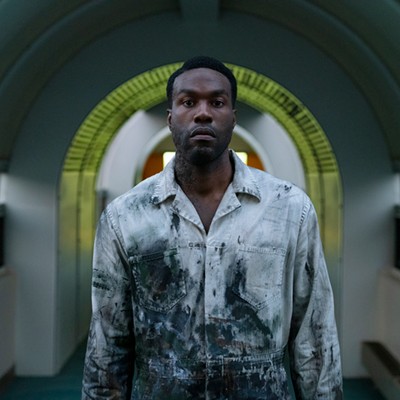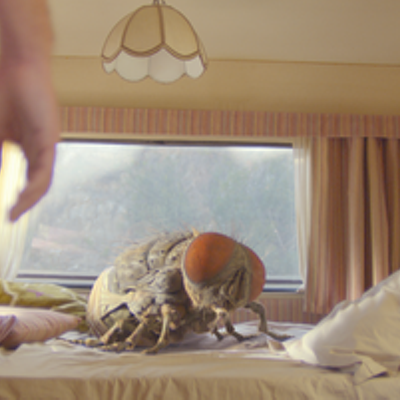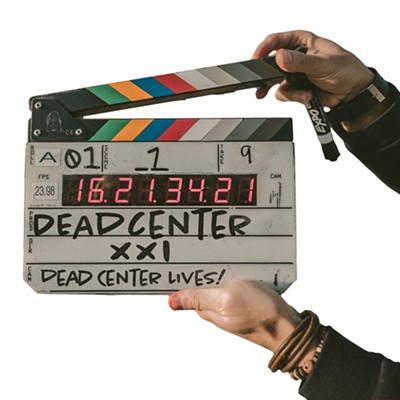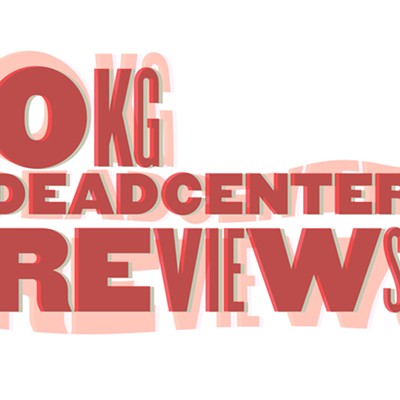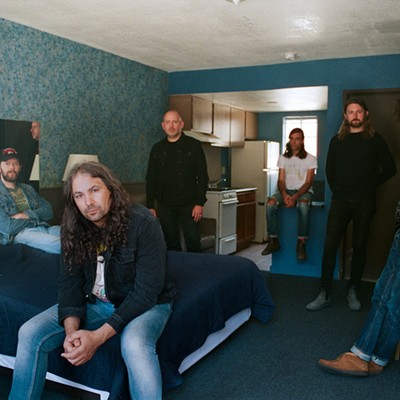In 1992, to soothe tensions after riots induced by the Rodney King verdict, the city of Los Angeles sectioned off a 14-acre garden plot, hoping to sow seeds of community goodwill that would overgrow weeds of urban blight and anger.
In the decade after the garden was built, it blossomed at the hands of mostly Latino immigrants " dedicated citizens who transformed the South Central space into a fertile producer of vegetables and fruits for other low-income families.
The garden also served its original, ulterior function, acting as a catharsis and a rallying point for the community. But in 2004, when the city told gardeners they needed to vacate, it evolved from an earthy patch into a living illustration of the tangled roots of race, wealth and politics, and how identity and culture almost completely define our definitions of progress.
MESSY STORY
Documentary director Scott Hamilton Kennedy puts the camera at the center of the action, as convoluted as it is. "The Garden" depicts a messy story, one that involves property values, bureaucratic gatekeepers and supposed backdoor dealings with a land developer and a project protester " a Jew and a black activist, respectively " a relationship that directly injects race to the forefront of the South Central battle.
Kennedy doesn't work or fully vet every angle of the controversy, and it's obvious where he throws his cinematic support. Still, among the rash of recent films exploring sustainability, conservation and green activism, it's refreshing to see a story that's woven with real human conflict and issues that aren't conceived merely to philosophically "explore" the impact of man on the modern world with an act of cinematic masturbation.
"The Garden" screens 5:30 p.m. Saturday at the Oklahoma City Museum of Art during the "Sustainability of Film," a seven-movie program that runs today through Sunday.
The event kicks off at 7:30 p.m. tonight with a screening of "Fresh," a film that follows farmers and business leaders hoping to create a healthier and more sustainable model for distributing and selling food. A short film about backyard farming and local agriculture, directed by Oklahoma City filmmaker Stefanie Gowdy, will screen afterward.
A buzzed-about 2009 documentary, "No Impact Man," will show at 8 p.m. Sunday. The film follows writer Colin Beavan, who declares himself an environmentalist and sets to work giving nearly everything up; taxis, TV, store-bought food and the like for a year " a sort of reverse version of Morgan Spurlock's "Super Size Me."
A panel discussion will close out the "Sustainability on Film" series on Sunday, after the 2 p.m. screening of "Earth Days," a doc that tracks the modern environmental movement. Tapped to discuss the panel's question of "Sustainability in Oklahoma: Where Do We Go from Here?," is Bruce Edwards, with the Regional Food Bank of Oklahoma; Shauna Lawyer Struby of Sustainable OKC/Transition Town OKC; local architect Kenneth Fitzsimmons; Stephanie Jordan, chair of the Sierra Club's Cimarron Group Conservation Committee and co-chair of the local Buy Fresh Buy Local chapter; attorney Jim Roth, chair of the Alternative "Green" Energy practice group; and Jonathan Willner, an economics professor at Oklahoma City University. "Joe Wertz

